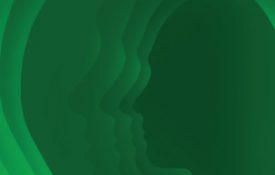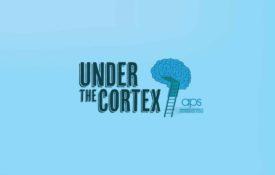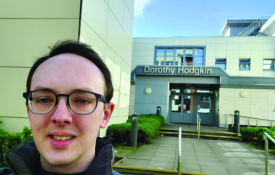-
How Do You Spot a Liar? Scientists Say It’s Trickier Than You Might Think
For over a century, people have been inventing technology to catch a liar in the act. The polygraph was wildly popular in the mid-20th century, until science and federal law cracked down. Then, there was an era of Micro Expression Training.
-
How to Actually Catch a Liar, According to the New Science of Lie Detection
We naturally detect lies all the time. It could be a dip in our partner’s voice alerting us to the fact that they’re concealing their emotions; a child’s eyes drifting back to the drawer containing
-

New Content From Current Directions in Psychological Science
A sample of articles on facts about sign languages, the power of identity, reliable lie-detection methods, humans’ bias blind spot, the development of visual attention in infancy, and much more.
-

New Content From Perspectives on Psychological Science
A sample of research on transparency in characterizing past knowledge, psychology’s contributions to anti-blackness in the U.S., questioning the value of reflexivity statements in research, conceptions of self-control, and much more.
-

The July Collection: Five Research Briefs
From a cross-cultural spin on the classic “marshmallow experiment” to deceitful 911 homicide calls to what true smiles do, new research in APS journals explores a broad range of topics, including visual memory and success. In this episode of Under the Cortex, APS’s Ludmila Nunes and Andy DeSoto discuss five of our most interesting new research papers.
-

Careers Up Close: Chris Street on Lie Detection, Truth Biases, and Developing an Adaptive Lie Detector Account
Chris Street, a senior lecturer in cognitive psychology at Keele University, UK, researches lie detection and truth biases and is working to develop the first computational model of lie/truth judgments.

